Featured Items
Watch a free documentary.
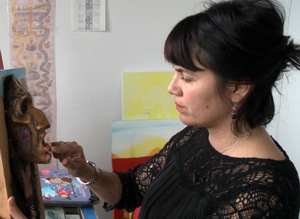
- Director
- MacKenzie, Beth Wishart
- Description
- Documents Cree artist Lana Whiskeyjack as she creates a sculpture of her uncle, who was placed in a residential school for indigenous people in Alberta, as a way to heal intergenerational trauma.
- Year
- 2017
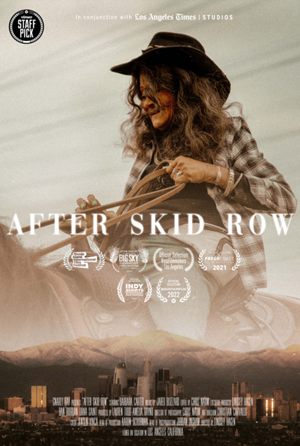
- Director
- Hagen, Lindsey
- Description
- Follows Barbie Carter, who had lived on the streets for a decade, as she adjusts to being housed in Los Angeles.
- Year
- 2023
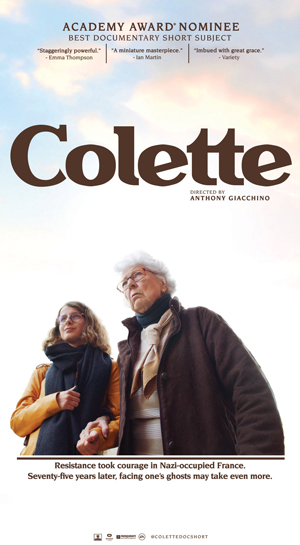
- Director
- Giacchino, Anthony
- Description
- Follows 90-year-old French resistance fighter Colette Marin-Catherine as she travels to Mittelbau-Dora concentration camp in Germany, where her brother, Jean-Pierre, died after being imprisoned for his underground activities during World War II.
- Year
- 2020
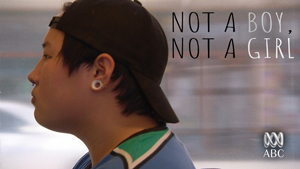
- Director
- Cohen, Janine
- Description
- Features children and young adults in Australia who identify as nonbinary.
- Year
- 2020

- Director
- Theres, James
- Description
- Highlights the role of the predominantly black 6888th Central Postal Directory Battalion of the Women's Army Corps in delivering mail to soldiers serving in Europe during World War II. Includes archival and contemporary interviews with members of the battalion.
- Year
- 2019

- Director
- Soul, Dayla
- Description
- Focuses on women who surf San Francisco's Ocean Beach and their fight to gain equal status in competitions. Includes interviews with Easkey Britton, Monique Kitamura, Cori Schumacher, Savannah Shaughnessy, and Bianca Valenti.
- Year
- 2017
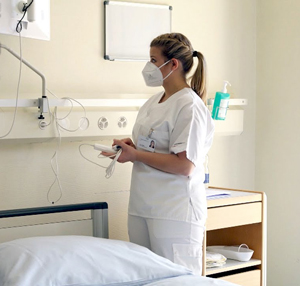
- Director
- Bäbler, Hedi
- Description
- Examines undervalued workers in service industries dominated by women and immigrants such as child care, dining, and nursing in Switzerland with a focus on the COVID-19 pandemic.
- Year
- 2022
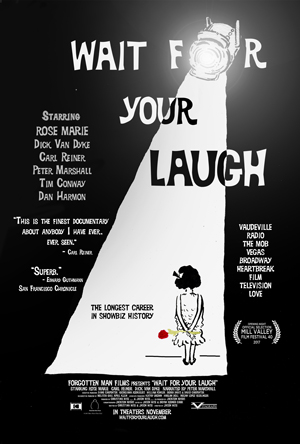
- Director
- Wise, Jason
- Description
- Biography of Rose Marie, best known as comedy writer Sallie Rogers on The Dick Van Dyke Show, that chronicles her 90-year career in show business and incorporates her reflections on her life shortly before her death. Includes interviews with Tim Conway, Peter Marshall, Carl Reiner, and Dick Van Dyke.
- Year
- 2018
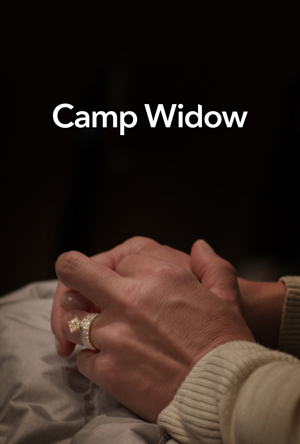
- Director
- Green, Laura; Moot-Levin, Anna
- Description
- Focuses on Camp Widow, a yearly meeting of people who have been widowed that was founded by Michele Neff Hernandez.
- Year
- 2025
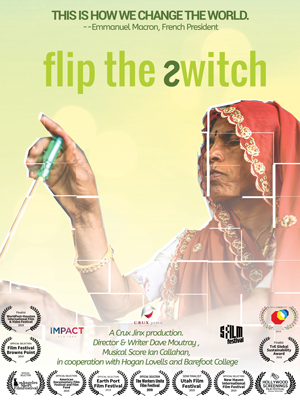
- Director
- Moutray, Dave
- Description
- Follows a three-year program led by Barefoot College and law firm Hogan Lovells to train women to be solar engineers in Belize, Guatemala, India, Mexico, and Zanzibar.
- Year
- 2020
